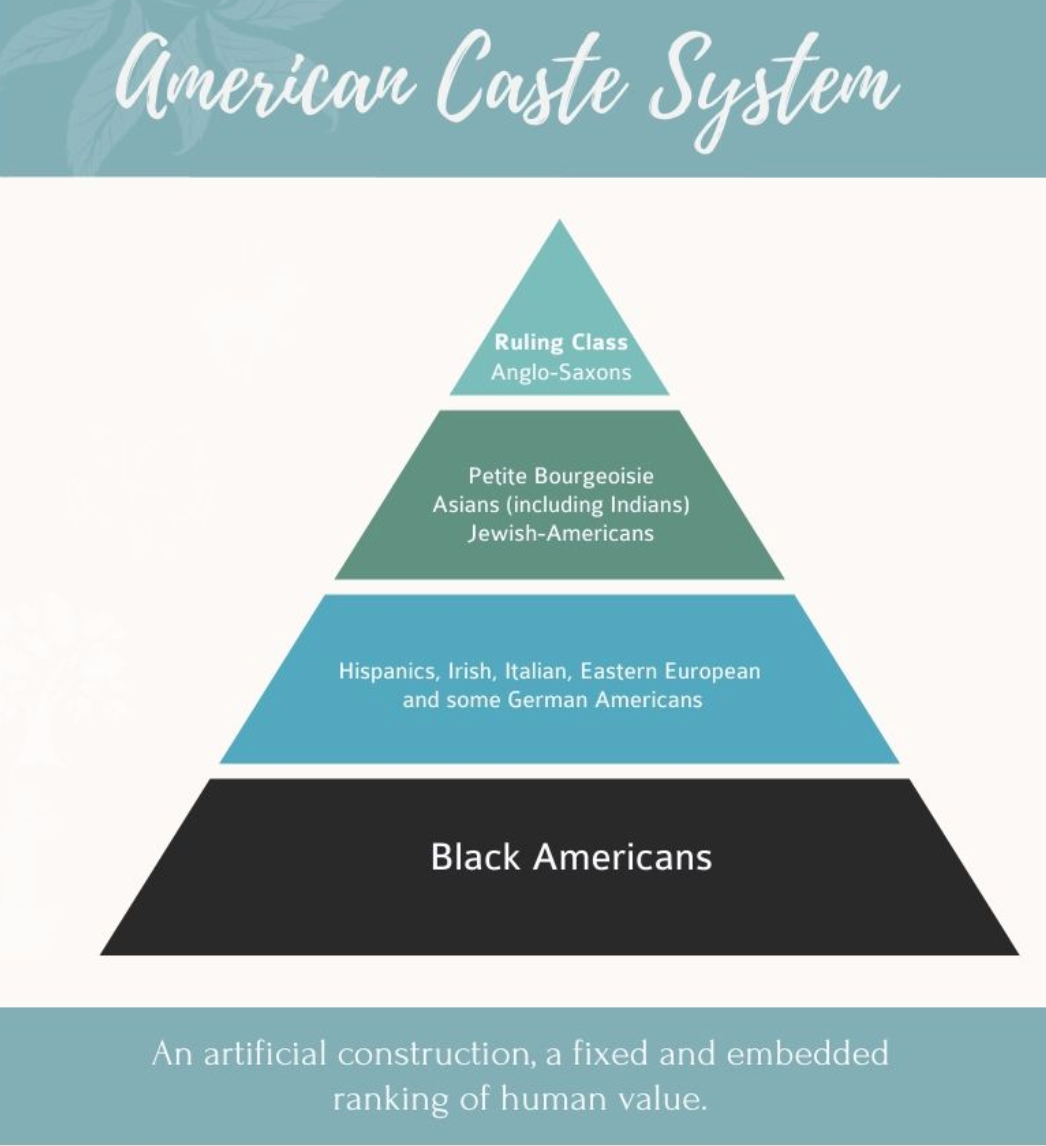Is it only passing when you’re “black” but you look “white?” Since the trope of passing has been more associated with blacks passing as whites due to the increased social privileges that they redeem, it’s been hard to understand that whites can pass for blacks. Or can they? The reality is that people who have the ability to pass are mixed blood, white and black, and usually have characteristics from both races which makes it difficult to label them (because they are a walking contradiction of what constitutes white or black). The problem with race, at least in America – has been used to group people together if they meet a certain criteria and so there are specific characteristics that define an individual within that group. After years and years of interracial mingling, there have been many “whites” with Afro-characteristics and many blacks with Caucasian characteristics. The idea of race does not consider that people of different “races” would mingle (also I believe that was prohibited at the time) and so it was believed that African Americans cannot possibly have straight hair or blonde hair or blue eyes, or fair, white skin and vice versa, a white person could not have darker skin tone, coarse hair, black hair, i.e. Even the racial construct itself in America has changed to accept more “options” as white. White immigrants weren’t white such as Jewish, Poles, Greeks, Italians, Hungarians, so in America, at least at first, what constituted whiteness also dealt with where you were born (I guess it still is but it is MUCH more broad now), along with wealth, and obviously, the color of your skin. Adding in the context of the one drop rule, if there was any African/black lineage, no matter how distant, you are considered black. So not only does whiteness means what I had already listed, but it also meant your bloodline was “pure,” free of any “inferior-race” ancestry. Nowadays, these groups are considered to be white so there has always been an evolving definition of whiteness and race in America. According to the US Census, a person who is white is a person “who has origins in any of the original peoples of Europe, the Middle East, or North Africa.”
Clare Kendry in Passing plays with the idea of race by being both black and white at the same time. Her black friends know she is black (and is technically black under the One Drop rule) but her white friends and associates think she is white. Clare mentions on pg. 37, “You know, Rene, I’ve often wondered why more colored girls, girls like you and Margaret Hammer… never ‘passed’ over. It’s such a frightfully easy thing to do.” The reason why it’s probably unheard of to hear whites passing for ‘blacks’ besides social standing reasons is probably explained by the exchange between Clare and Irene… with Irene saying “What about background? …Surely you can’t drop down on people from nowhere and expect them to receive you with open arms, can you?” And Clare responding with: “Almost, You’d be surprised… ‘Rene, how much easier that is with white people than with us…” (also p. 37) Clare Kendry was able to get away with being white when she’s black (mixed) because whites assumed she was white. They assumed that she had extensive ancestry from Europe, and based on Irene’s response, I would assume that black people insist on background checks if one would claim to be black. “You didn’t have to explain where you came from? It seems impossible.”
Picture of Rachel Dolezal, ex Spokane NAACP President
According to this article, “white people have been passing for black for centuries.” Rachel Dolezal, former Spokane NAACP President, has been identifying herself as “black, white, and American Indian/Alaskan Native,” but her parents say she is white and has been trying to fool everyone. But d0 people grill Rachel because she looks white trying to identify as black or because her parents say she is white? America’s one-drop policy wanted to make identifying people simple — if you were even 1/1000th black, you were black, no matter how white you appeared. Sole appearance defined your race, at least to the general public. And it shows with the public’s reaction to Ms. Dolezal’s ‘revelation.’ Part of the equation of you identifying yourself as a certain race has to do with society’s reception to how you identify.

picture from https://aninjusticemag.com/the-root-cause-of-americas-problem-the-creation-of-a-racial-caste-system-a9d6171dcf42
Race in America was more of a caste system than it was biological, and it ignores the heterogeneity nature of being human. At some point, not all Europeans were considered white. There was no difference in genes and ethnic background, but there was a change to their race, which allowed them to be ‘American’. The article from Scientific American explained the use of race best “…race is to be understood as a useful tool to elucidate human genetic diversity, but on the other hand, race is also understood to be a poorly defined marker of that diversity and an imprecise proxy for the relationship between ancestry and genetics.” It is important to note that identification is two ways — you may see yourself or present yourself one way but the way it is received can be another. You may be black but the person looking at you thinks you’re white. You do not have full control over how you are identified.
Works cited:
Cobbin-Richardson, K. (2021, January 11). The root cause of America’s problem: The creation of a racial caste system. Medium., from https://aninjusticemag.com/the-root-cause-of-americas-problem-the-creation-of-a-racial-caste-system-a9d6171dcf42
Gannon, M. (2016, February 5). Race is a social construct, scientists argue. Scientific American. https://www.scientificamerican.com/article/race-is-a-social-construct-scientists-argue/
Lind, D. (2015, June 15). White people have been passing for black for centuries. A historian explains. Vox. https://www.vox.com/2015/6/15/8784327/passing-white-black
Bureau, U. S. C. (2022, March 1). About the topic of race. Census.gov. from https://www.census.gov/topics/population/race/about.html
Larsen, Nella. (1929) Passing. pp. 37-38